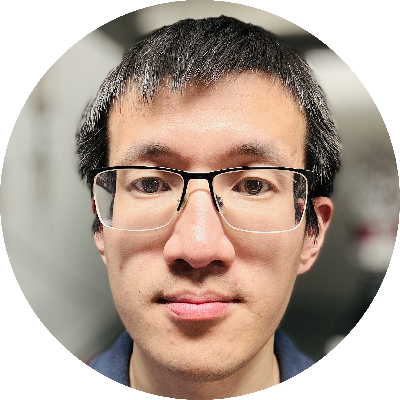
Xufeng Qiu
The mechano-electrical transduction (MET) by the sensory hair cells of the inner ear is crucial for sound perception. Over the last several decades, studies on hair cell MET have demonstrated that the channel machinery is assembled from an astonishing number of diverse molecules, yet the molecular and cellular functions of those proteins in MET remain uncharacterized. I’ve been working in the laboratory of Uli Mueller in the Department of Neuroscience, where my research has focused on uncovering the mechanisms by which various MET channel subunits assemble and cooperate to sense mechanical stimuli in cochlear hair cells. We believe the studies are fundamentally important for understanding the molecular mechanism of sound sensation in physiological and pathological conditions.
Questions & Answers
Why did you choose Johns Hopkins for your work?
The Johns Hopkins University School of Medicine is one of the best places for research, with great opportunities to collaborate with the best scientists from various backgrounds.
What does receiving this award mean to you personally and professionally? Do you have any connection with the particular award you received?
It’s really a great honor, and I am so excited to receive this award. I feel genuinely inspired by W. Barry Wood Jr. for his contributions to science and to the university. Receiving this award inspires me to continue pursuing my own academic journey.
What contributed to your project’s success?
My project is really a long-time journey overcoming challenges. I am so lucky that I could work together with my mentor, Uli, and my colleagues, whose hard work and determination to never give up led to the success of this project.
What thoughts do you have about Young Investigators’ Day itself, as a celebration of the roles student and fellows play in research at Johns Hopkins?
I believe Young Investigators’ Day is a valuable platform for trainees to share their incredible work, and it helps motivate young investigators at the early stages of their careers.
What has been your best/most memorable experience while at Johns Hopkins?
My most memorable experience at Hopkins was the moment we proposed and confirmed a new model for my project, which had been trapped there for three years. The moment makes the years of hard work and persistence valuable and inspires me to move forward in my career.
What are your plans over the next year or so?
I am going to seek a faculty position to continue my future research.
Tell me something interesting about yourself that makes you unique. Do you have any special hobbies, interests or life experiences?
I grew up in a small town in the southeast of China. I left my hometown after high school, since I was inspired by the old Chinese phrase, “Read 10,000 books and travel 10,000 miles,” which means read extensively and experience as much as possible. My most special experience in Baltimore was becoming a father, which is filled with challenges and happiness.